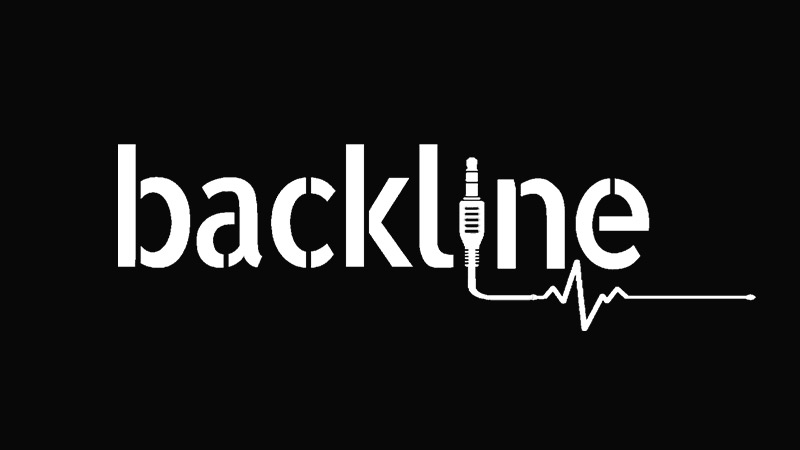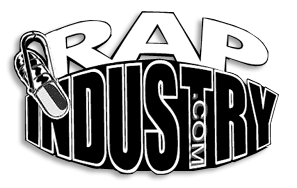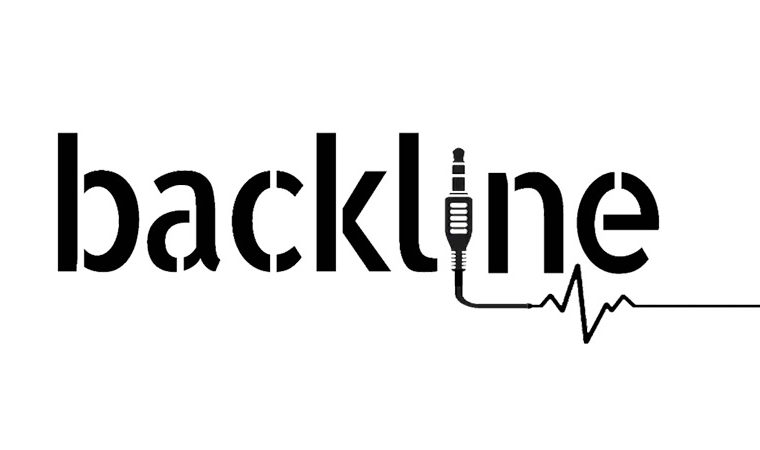
ON DECK: World Mental Health Day (10/10), Backline Calls For Greater Support From Music Industry Leaders.
As the leading mental health and wellness non-profit specifically catering to the ever-growing needs of the music industry, Backline continues to lead the charge for a healthier music community. With a mission to connect musicians, touring professionals, venue staff, crew and their families with critical mental health resources and care, Backline has become a lifeline for those navigating the unique pressures of life in the music industry. Now, more than ever, music industry leaders’ support is of the utmost importance. Backline is here to make the necessary actions clear and accessible.
Since its founding in 2019, Backline has helped thousands of industry professionals access mental health and wellness care, offering a range of services that address the emotional, psychological and physical challenges inherent to the industry. Through 1:1 Case Management, music industry professionals and family members can receive personalized care plans that include referrals to vetted licensed mental health professionals who understand the music industry, as well as support accessing financial aid and substance use treatment. Backline has created 1,700+ custom care plans for industry individuals spanning thousands of bands, musical genres, festivals and venues. The ripple effect of this impact extends far beyond the individuals served – by supporting one professional, Backline helps entire teams, tours, families, and productions run more smoothly, creating a chain reaction that strengthens the well-being of the industry as a whole.
As Backline marks its fifth year of service to the music industry, the organization continues to confront an urgent and escalating mental health crisis among musicians, touring professionals, and their families. Grueling tour schedules and rising costs have intensified in the current economy, which has further exacerbated mental challenges. Through this, Backline has emerged as a crucial support system.
Though Backline identifies as a “non-crisis” organization, it’s where many music professionals turn in their hardest moments due to the reputation they’ve built within the industry as a reliable, confidential place to seek help. It’s up to Backline’s mostly-part time staff to heed those calls, often responding to urgent situations outside of typical work hours. It’s not unusual for their Executive Director to get phone calls in the middle of the night from artists and tour managers looking for guidance through an urgent situation. In 2024, the number of urgent calls has grown so steadily, the organization is scaling up quickly to build a full-time staff ready to meet the need, but the growing crisis requires more widespread support to ensure its long-term sustainability.
Some artists are taking matters into their own hands by partnering with Backline to support their teams directly. Earlier this year, Noah Kahan enlisted Backline to create a Tour Support program which provided direct support to band and crew through education, workshops, and wellness efforts throughout their 7-month tour. Kahan also made a donation from his Busyhead Project to cover mental health care costs for their 78-person crew. Noah Kahan shared the reasoning behind enlisting Backline’s support with Billboard, stating, “I’ve always wondered why there isn’t more support in this industry — not just for the artists, or the band, but for the crew, the people working their asses off from 7 in the morning to 2 in the morning. Touring isn’t nine-to-five, and if you’re struggling on the road, it’s really hard to find time to step away and take care of yourself. It’s been really special working with Backline, and knowing that that [resource] is going to be on my tour makes me feel really good.”
The industry is beginning to take note, and some groups have stepped up to invest in Backline as a community care platform that serves their constituencies. Last year, The North American Concert Promoters Association and Sony Music Group, and bands like Goose and Dead & Company who have made supporting this effort a priority.
Now, on World Mental Health Day, which is also the organization’s 5th birthday, Backline is calling on more music industry leaders—record labels, promoters, venues, festivals and management teams—to take immediate, collective action.
As mental health needs within the industry continue to grow, prioritizing mental health care is no longer optional—it is essential to the survival and well-being of those who power the multi-billion dollar industry. Without stronger support, many professionals will continue to struggle in silence. The future of the music industry depends on creating a more sustainable and supportive environment where mental health is at the forefront.
How Industry Leaders Can Take Action:
1. Fundraise for Mental Health
Backline needs direct financial support to expand its life-saving programs. Industry leaders can dedicate proceeds from tours, events, or merchandise sales to help fund mental health care for professionals who cannot afford it. Host sweepstakes, auctions, or a $1/ticket campaign to raise vital funds.
2. Share Mental Health Resources
Make mental health a priority by sharing Backline’s resources within your organization. Promote Backline’s services in employee newsletters, social media, or backstage at venues. Ensure every professional in your orbit has access to the mental health care they need.
3. Engage Your Community
Rally your network of artists, managers, and influencers to raise awareness of the mental health crisis. Encourage them to share their own stories, fundraise, or serve as ambassadors for mental health in the industry. Normalize the conversation and break the stigma.
Quote from Backline Executive Director, Hilary Gleason:
“In the past five years, we have seen our community transform hardship into hope, and prove that resilience can thrive even in the toughest times. Watching the positive impact in the lives of the individuals and bands we serve has made us more dedicated than ever to make sure every corner of the industry has awareness of and access to these resources.”



